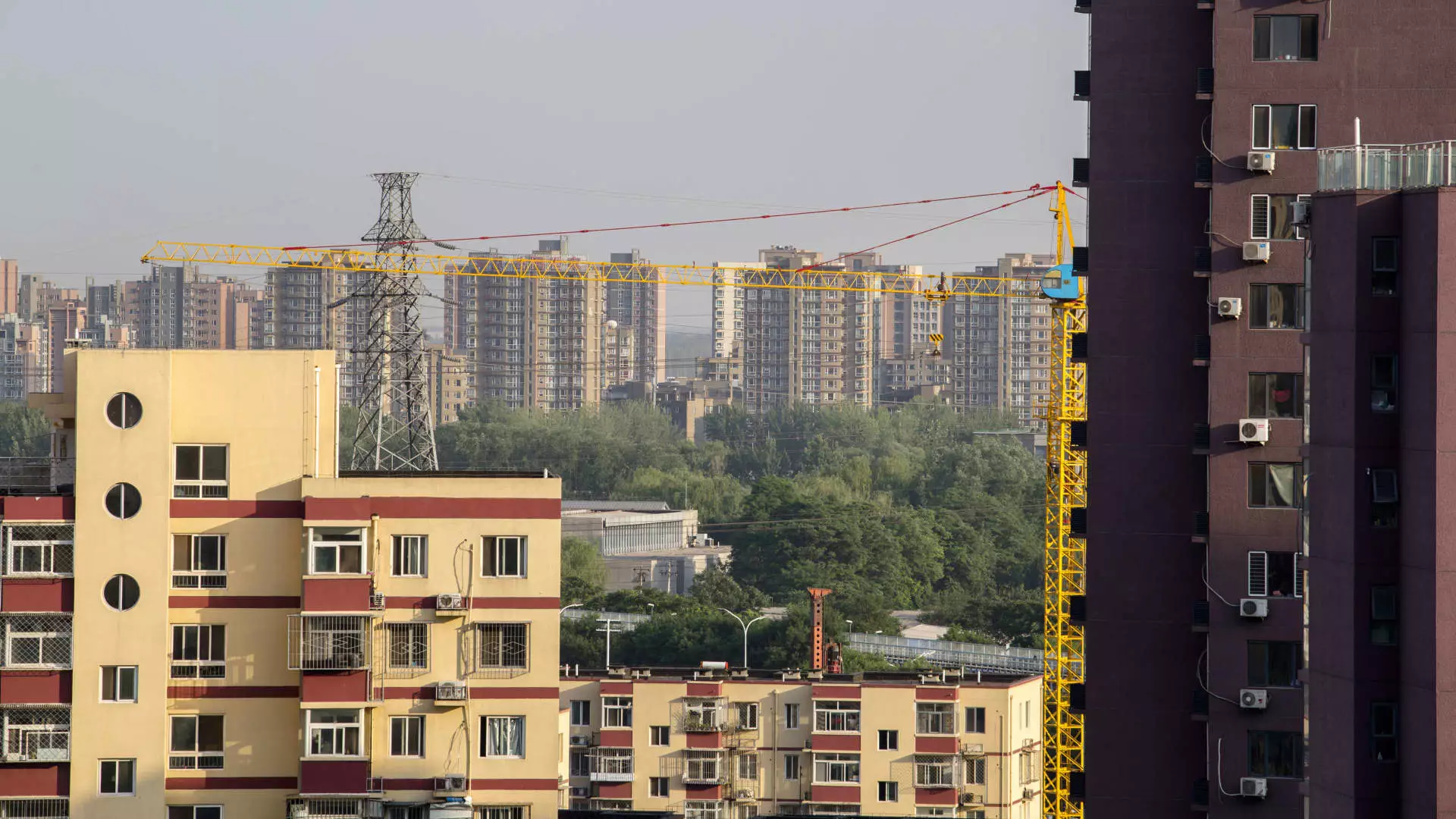In a significant move to stimulate China’s beleaguered real estate sector, regulators have introduced a series of monetary easing measures aimed at alleviating financial strain on households. These initiatives signal the government’s intent to restore confidence in a market that has struggled under the weight of economic uncertainty and declining property values. On Tuesday, during a high-profile press conference, Pan Gongsheng, the Governor of the People’s Bank of China (PBOC), outlined decisive actions that include interest rate reductions on existing mortgages and a revised down-payment structure for property purchases.
The PBOC has announced a reduction of interest rates on existing individual mortgages by 0.5 percentage points, a move that is projected to slash household interest payments by approximately 150 billion yuan ($21.25 billion) annually. This rate cut is crucial given the backdrop of rising financial pressure on Chinese families due to escalating living costs and stagnant wages. Furthermore, the standardization of down-payment ratios for first and second homes to 15% is expected to open doors for prospective buyers who have been sidelined due to rigorous financial prerequisites. These changes could provide a much-needed surge in market activity, as evidenced by the initial increase of 5% in the Hang Seng Mainland Properties Index following the announcement.
The immediate response in the stock market reflects a renewed investor sentiment, particularly for prominent players in the real estate sector like China Resources Land and Longfor Group Holdings, whose shares experienced significant upticks. However, while this rally indicates short-term enthusiasm, it must be approached with caution. The underlying issues within the real estate market remain persistent; property investment has plummeted by over 10% in the first eight months of the year compared to the previous year. This statistic underscores the fragility of the recovery effort and suggests that confidence in sustained growth may be premature.
Despite the introduction of these easing measures, analysts warn that the effects may be limited. William Wu of Daiwa Capital Markets cautioned that rate reductions on existing loans are unlikely to catalyze demand for new properties. This sentiment is echoed by Bruce Pang, chief economist at JLL, who emphasizes the necessity for comprehensive measures to stimulate the market effectively. He argues that the authorities must move quickly to support developers, boost investment, and activate stalled construction projects. Without these holistic supports, the prospect of a robust recovery could dwindle.
Future Prospects and Strategies
Looking ahead, it is clear that more needs to be done to initiate a turnaround in the housing sector. Recent reports have suggested that the government is considering allowing homeowners to renegotiate the terms of their loans, which could be a game changer for many facing financial difficulty. This flexibility might also extend to refinancing options, which would enable borrowers to seek better terms with other banks. Such innovations could bolster household financial health and generate renewed confidence in the market.
China’s real estate market stands at a critical juncture, where government interventions could either catalyze sustainable growth or mask deeper pitfalls. While the recent adjustments represent a pivotal step forward, the challenges are far from over. The success of these measures will be contingent upon the government’s ability to navigate the complexities of the market effectively, balancing short-term relief with long-term stability. Stakeholders, including homeowners, developers, and investors, will need to monitor these developments closely as they seek to chart a course through an uncertain economic landscape. As the nation aims to reason with its economic challenges and promote a healthier property market, the journey promises to be fraught with both trials and potential triumphs.

